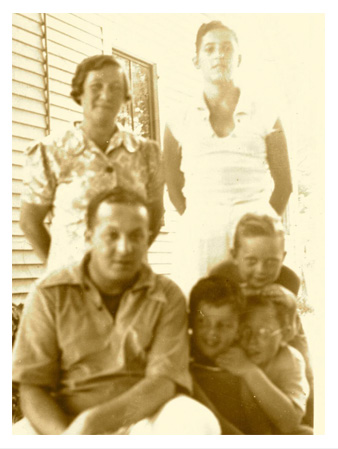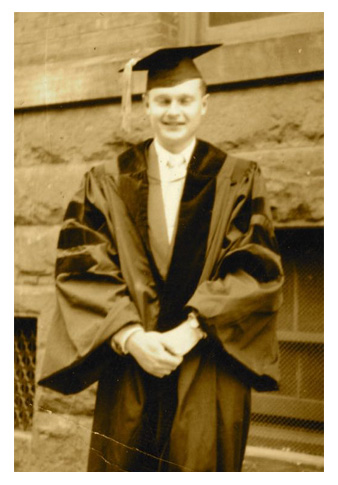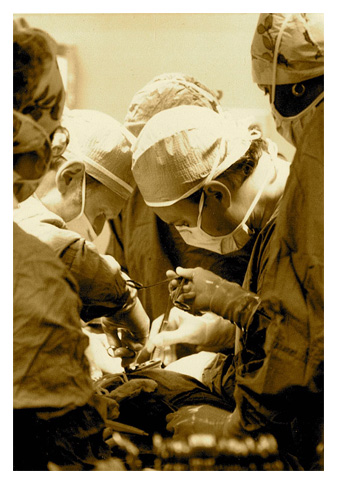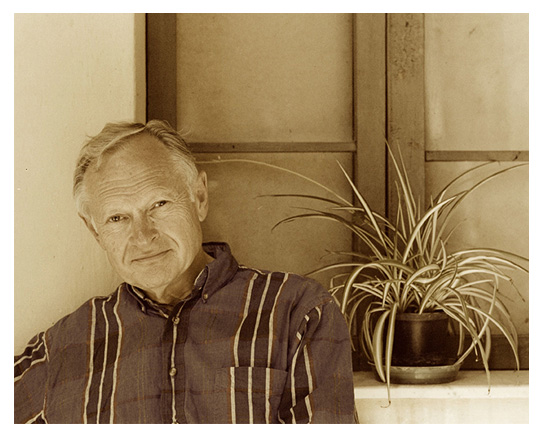Biography

Sherwin Nuland (Shep) was a practicing surgeon for 30 years and treated more than 10,000 patients — then became a writer and speaker on topics of life and death, our minds, our morality, aging and the human spirit.
Dr. Nuland was born on December 8, 1930 in the Bronx, New York City to Eastern European Jewish parents who had emigrated from Russia. His childhood was marked by death and disease. In his memoir, Lost in America (Alfred A. Knopf, 2003), he said,” [I]…lived with the awareness of death’s imminence…and labored in its constant presence for all but the first decade of that time.” He bore witness to sickness and dying; this witness motivated him in his pursuit of the study of medicine.

Dr. Nuland’s experiences as the child of Yiddish speaking immigrant parents also nurtured in him a love of language. He realized the English language was his passport to America and to worlds he had never imagined. This influence, this passion for words continued throughout his life.
He was the product of the best of New York City’s public schooling. He graduated from Bronx High School of Science and went on to New York University where he graduated as valedictorian in 1951. From New York he went on to study medicine at the Yale School of Medicine. He did his surgical training at Yale, and lived his professional life as a surgeon until his retirement from surgery in 1992.

Dr. Nuland’s interest in and his writings in the history of medicine came out of his fascination with the pathology of disease. He made contributions to the literature of clinical research, surgery and medical history during the years of his surgical practice. His writing Doctors: The Biography of Medicine, (Alfred A. Knopf, 1988) was for the general reader. Through a series of biographies, he told the story of the history of western medicine from Hippocrates to the 20th century.
In the 1986 Dr. Nuland was a founding member of the Bioethics Committee at Yale New Haven Hospital. This committee’s work began at a time when medicine was moving away from paternalism and recognizing the autonomy of the patient. The experience of examining ethical issues while being at the bedside of patients was essential to the broader questions that Dr. Nuland would address in his thinking and in his writing for the next 30 years.

In 1993, Dr. Nuland published, How We Die, (Alfred A. Knopf). The book was a New York Times best-seller, a finalist for the Pulitzer Prize, the Book Critics Circle Award and won the National Book Award for nonfiction in 1994. It has been translated into 27 languages and sold over half a million copies worldwide.
Growing out of his interests in history, human biology, ethics and the nature of humanity, Dr. Nuland would continue to write for the general reader. He undertook a wide-ranging study in all of these disciplines, resulting in the publication in 1997 of The Wisdom of the Body (Alfred A. Knopf). Dr. Nuland’s next book, The Mysteries Within: A Surgeon Explores Myth, Medicine and the Human Body (Simon and Schuster; finalist, Los Angeles Times Book Prize) describes the many ways in which superstition and religion have influenced the development of medical thought and our own notions of our bodies.

He was a contributing editor to The American Scholar and The New Republic. He also wrote for The New Yorker, Time, The National Geographic, Discover, The New York Times, the Boston Globe, the Los Angeles Times, Newsweek and other periodicals.
Dr. Nuland was on the founding board of Connecticut Hospice, the first hospice in the United States. He wrote about the need for palliative care. His experience at the end of his life was one where he came to know the limitations that currently exist and how essential it was to expand coverage for all patients living with serious illness.
Dr. Nuland died at age 83 in March 2014. He is survived by his wife, Sarah and their four children: Victoria, Andrew, William and Amelia and 6 grandchildren.